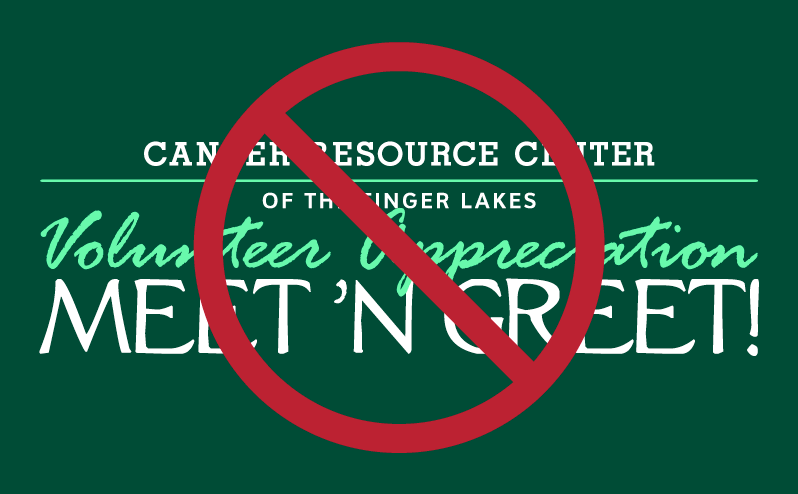Everyone diagnosed with cancer has decisions to make. What type of treatment? Where to have treatment? Should the cancer even be treated?
The question isn’t what’s best. Rather, the question is what’s best for you.
After working with people making these decisions for the past several years, I’ve found that some general guidelines can be helpful:
Don’t make decisions before getting the facts. Individuals often have preconceived ideas about cancer treatment. They might say, “I will never do chemotherapy.” There are potential benefits and harms associated with all medicines – including chemotherapy. Be sure that you understand them before you make up your mind.
I cringe when people say that they want the most aggressive treatment possible. If given a choice between a small surgery and a big surgery, they will choose the big surgery because it’s more aggressive. Again, that’s a preconceived notion. The most aggressive treatment is not always the best treatment.
Discover the facts that apply to your specific situation and then make decisions based on those facts. When you make decisions before you get the facts, you’ll box yourself into a corner, and that corner isn’t your friend.
Listen to your gut. Once you have the information you need to make a decision, listen to what your gut is telling you. I often ask people which decision lets them sleep better at night. That’s telling you something.
Don’t look back. Treatment decisions have to be made with the information that you have at a particular point in time, and always involve some degree of uncertainty. Once the decision is made, move forward and don’t ask yourself “what if…?”
Have trust. At some point, you just need to relax and trust the health professionals involved in your care. You’re on the same team.
Reprinted with permission of the Ithaca Journal.
Click here for all of Bob’s columns





